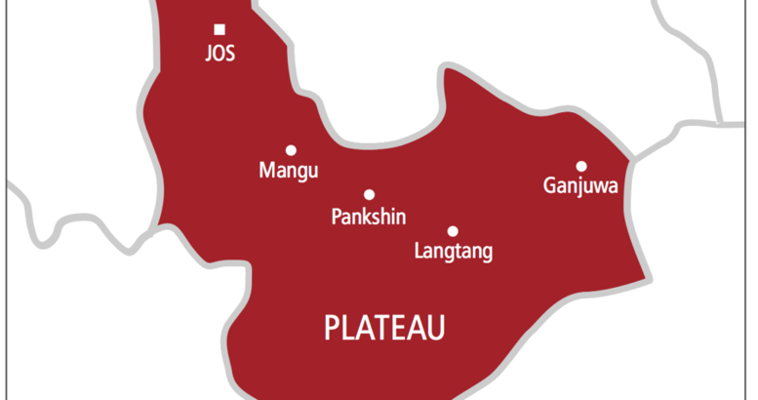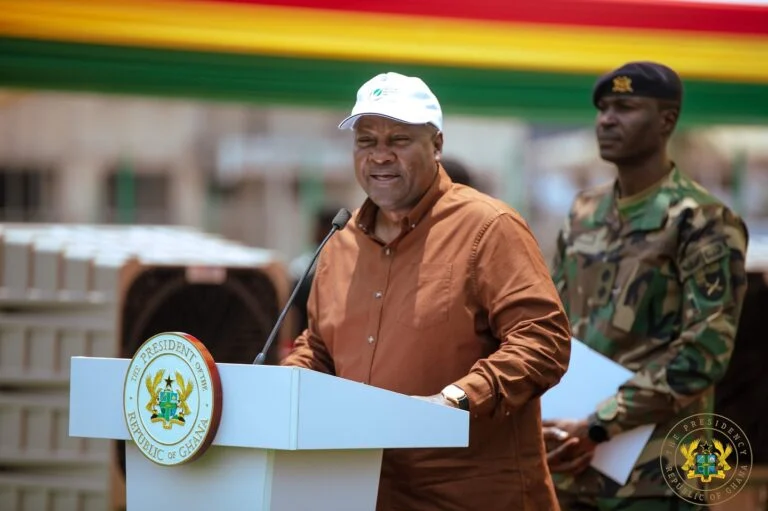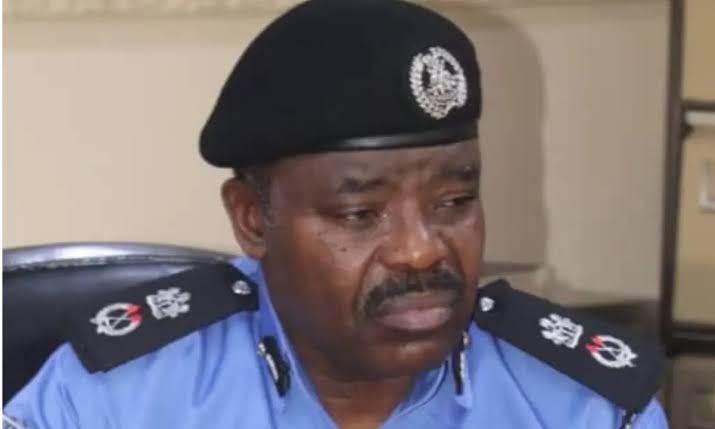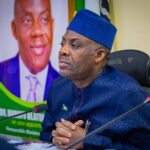Tinubu Freed the Funds — Will Nigerians Hold Local Leaders to Account?
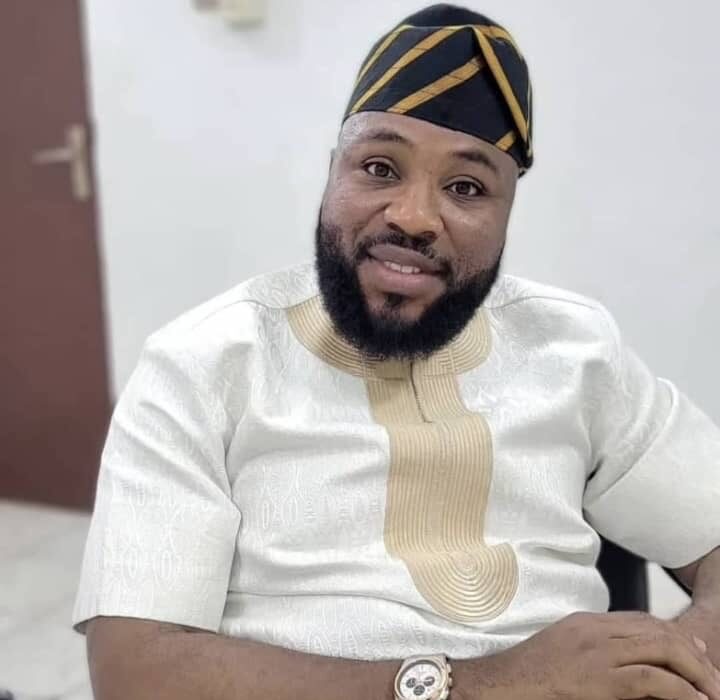
By Bamidele Atoyebi
President Bola Ahmed Tinubu’s removal of fuel subsidy and his decision to grant local government autonomy have fundamentally reshaped Nigeria’s public finance.
Billions of naira now flow directly to state governments and local councils every month far more than in previous years. Yet, despite this new reality, public anger, social media debates, and street conversations still target only the President, as if he controls every road, school, and health centre in the country.
This misplaced focus is at the heart of Nigeria’s accountability crisis. We blame Abuja for every ungraded road, every non-functioning hospital, every unpaid salary even when the responsibility, and now the money, lies with our state governments, local government chairmen, councillors and assemblies.
A recent example illustrates this. Social media influencer Tacha sparked a heated debate when she questioned why Nigerians always direct their frustrations at the President rather than at their governors, local government officials, and legislators who are closest to the people.
Her comments struck a nerve because they mirror a hard truth: even when allocations to states and local governments rise, citizens rarely track how the funds are used.
Since the removal of subsidy, allocations from the Federation Account have surged to record highs.
Billions of naira are now transferred monthly to states and local governments. But instead of massive local infrastructure projects or improved public services, we keep seeing stories of frivolous foreign trips and training tours that yield no tangible benefits for Nigerians at home.
When wives of local government chairmen in Adamawa reportedly planned a “study tour” abroad, the outrage was muted compared to the daily criticisms directed at the President even though this money comes from local coffers, not the Presidency.
Official data confirms the trend: allocations to states from the Federation Account have surged since the removal of fuel subsidy. For instance, Adamawa reportedly received about ₦8.4 billion from FAAC in February 2024 alone. However, there is no easily accessible, verified public record showing exactly how much Adamawa State was getting before subsidy removal for the same period.
This lack of transparency itself is a problem citizens should be able to easily track these figures and compare them over time.
Without that, it becomes difficult to hold leaders at the sub-national level accountable.
This is why Accountability and Policy Monitoring is sounding this call. Nigerians must not only demand to know “how much” is coming in but also which office is in charge of what. Governors control state budgets, not the President. Local government chairmen manage local allocations, not ministers in Abuja. Councillors pass local bye-laws and oversee grassroots development. Senators and members of the House of Representatives legislate and represent their constituencies at the federal level, but they do not control state or local funds.
Unfortunately, most Nigerians cannot even name their own local government chairman, councillor, senator, or House of Representatives member let alone describe their roles.
This knowledge gap allows elected officials at these levels to escape scrutiny while all the blame is piled on the President. Without knowing who does what, citizens cannot ask the right questions or demand the right answers.
If we continue to point fingers only at the President while ignoring the people we elect closest to us, we will never get the development we desire. Citizens, the media, and civil society must begin to track allocations at state and local levels, compare them with projects on the ground, and demand explanations when money meant for development ends up funding luxury trips abroad.
This is not just a call for criticism; it is a call for enlightenment. Every Nigerian should know which tier of government is responsible for which service. The Office of the Accountant-General of the Federation and the Revenue Mobilisation, Allocation and Fiscal Commission publish FAAC data but this information must be simplified, published widely, and used to drive citizen action. Only then can we build a culture of accountability that matches the new fiscal reality created by subsidy removal and local government autonomy.
President Tinubu has done his part by creating a policy environment where states and LGAs have more resources and more independence.
The real test now is whether Nigerians will rise to the occasion and demand results not just from Abuja but from Yola, Uyo, Jos, and every local government secretariat in the country.
At Accountability and Policy Monitoring, our mission is to raise citizen awareness, track policy outcomes, and strengthen democratic accountability across all tiers of government.
This message is part of our ongoing sensitisation campaign to ensure Nigerians know their rights, know who controls what, and demand good governance at every level.
Bamidele Atoyebi National Coordinator of Accountability and Policy Monitoring and Publisher at Unfiltered and Mining Reporting.


